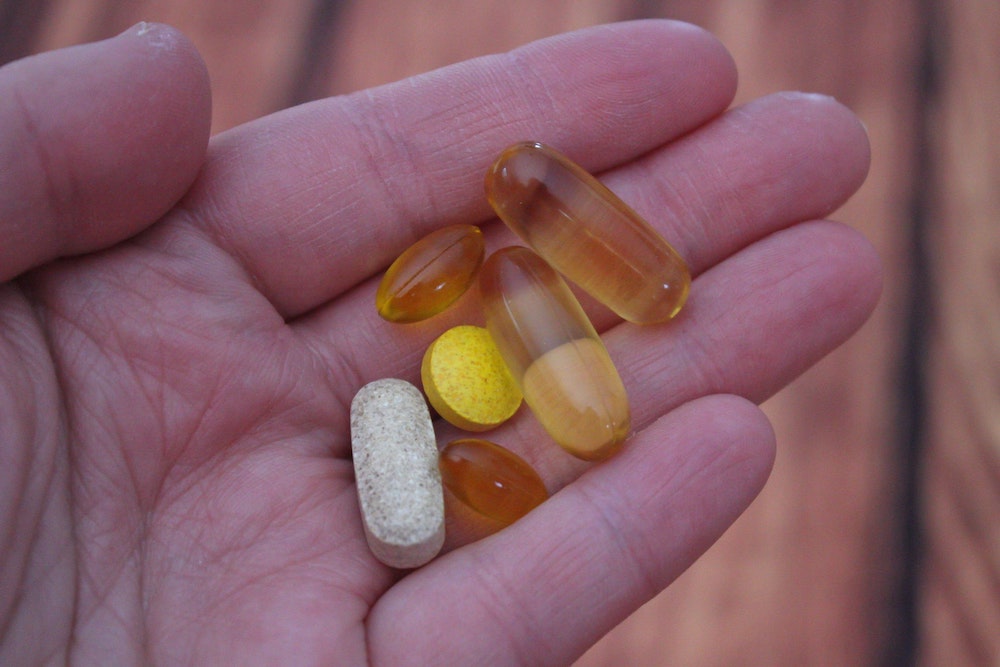- Advocates say the world should use open source technology to analyze generic medicines that may help treat the COVID-19 outbreak.
- Open source pharma advocates say pooling data and drug repurposing could halve the costs and speed up vaccine and drug development, which can take decades and cost pharmaceutical companies billions of dollars.
- The current global medicine discovery process directs money at the most lucrative treatments and not necessarily the medicines the world needs the most, such as the development of new penicillin to fight resistant bacteria, say advocates.
The race to find the cure for the COVID-19 outbreak is also reinvigorating calls for the world to use open source technology to analyze existing drugs and vaccines that may help tame the pandemic.
Jaykumar Menon, a human rights lawyer affiliated with the Harvard School of Public Health, is part of the open source pharma community of stakeholders that want the world to create a central data repository for drugs and vaccines. Such a tool, available to all scientists in an open source format, would speed up the drug discovery process that can typically take decades and cost billions of dollars, advocates say.
“If you came down to planet Earth from Mars and you saw humanity was threatened by a virus, you would have thought all the scientists would be working together on it,” Menon told Karma. “And we’re not. If we worked together, it would go a lot faster. Right now, it’s duplicative, chaotic, secretive and we need to do it a different way.
Menon is the founder of the Open Source Pharma Foundation, a nonprofit which seeks to spur the development of affordable new cures for deadly diseases that are currently not receiving sufficient project funding from the private sector.
Over the years, OSPF has received funding from sources including the Tata Trusts and the Rockefeller Foundation.
Through a limited open source approach, Menon is one of the participants in a project to use a generic tuberculosis vaccine that may be useful in protecting against COVID-19.
The Bacillus Calmette–Guérin vaccine or BCG has shown promise in boosting human immune systems. The vaccine, developed nearly a century ago, is already being mass-produced and has proven safe for humans to use. Menon says the project will move straight into phase three clinical trials this year to test out its efficacy in India and possibly the U.S.
The project progressed rapidly because the vaccine’s patent has lapsed and the open source approach allows scientists to collaborate on shortlisting medicines without the usual intellectual property licensing barriers.
Menon says the project cut vaccine development time by 90% and costs by about half — less than $300,000 in estimated out-of-pocket costs.
Menon advocates for the creation of an open-source-enabled medicine hub and a fund to provide capital for the re-purposing of off-patent medications in a research paper expected to be published before the end of 2020.
Historically, drug repurposing has not attracted the attention of the private sector because the commercial returns for companies are lower, says Menon. But this leaves the world in a place where the private sector directs money at the most lucrative treatments and not necessarily the medicines the world needs the most such as the development of new penicillin to fight resistant bacteria.
The repository and fund have attracted several interested supporters such as the Mayo Clinic, the European Infrastructure for Translational Medicine, potentially the government of India and other organizations in Africa, says Menon.
In the future, scientists would upload the molecular structure of different generic vaccines and drugs into a platform. The hub would also hold sample medicine stockpiles. Researchers would run computer simulations to see if the drugs or vaccines are applicable to treating diseases and then get stakeholders to finance third-phase clinical trials on humans.
Recently U.S advocates have criticized a Trump administration initiative. They say Operation Warp Speed — a taxpayer-funded venture to develop a COVID-19 treatment in collaboration with the private sector — lacks transparency and safeguards against potential pharmaceutical profiteering. If taxpayers are funding research into a medicine or vaccine then the research should be open and the product should be affordable, says Menon.
“The COVID-19 pandemic has been a tragedy for the world,” he told Karma. ”It has also illuminated the need for an open source approach to medicine and vaccine development.”
Photo by Kayla Maurais on Unsplash






















